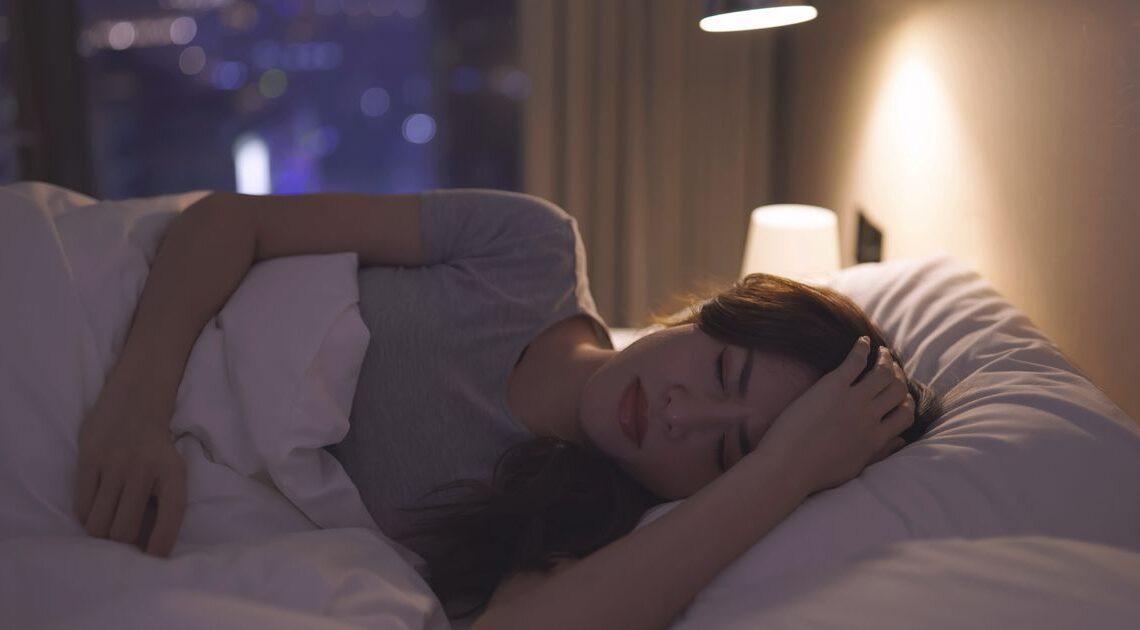Skimping on sleep is a dangerous habit that can put you at risk of high blood pressure, heart disease, dementia and more. Adults need between seven and nine hours of sleep each night. And even if you’re going to bed at a time that allows for enough sleep, it’s not necessarily easy to know whether your body is actually getting proper rest.
Doctors say one of the leading causes of poor-quality sleep is obstructive sleep apnea, a condition that affects about 25 million Americans. “Sleep apnea is a chronic sleep disorder characterized by difficulty breathing during sleep,” said Katie McCullar, a postdoctoral fellow in the neurology department at Massachusetts General Hospital.
Sleep apnea can increase your risk of certain health conditions, and can even be life-threatening if left untreated. Because of this, experts stress that two of the main signs of sleep apnea ― which occur during sleep ― are not something they would ignore. Here’s what they are:
Snoring.
A common nighttime symptom of sleep apnea is snoring, said Dr. Robson Capasso, chief of sleep surgery at the Stanford University School of Medicine in California. You may not realize you’re snoring, but it’s often something a partner brings up, he noted.
This kind of snoring is generally noisy, and you may be woken up by the sound of a loud snort, according to the Mayo Clinic.
On the other hand, there are instances where people snore even though they don’t have sleep apnea. “They just have what we call primary snoring, so they just make the noise because the tissues in the back of the throat are fluttering,” Capasso said.
Snoring can also be the result of sleeping on your back or sleeping in a dry room, McCullar said. So don’t panic if you snore, but also don’t discount the possibility that it’s a symptom of something serious. The only way to determine whether you’re snoring because of apnea or because of some other reason is by visiting a doctor and getting a sleep test.
Strange breathing patterns.
Snoring in itself is a breathing issue, but for people with sleep apnea, other breathing problems can arise too.
“Interestingly, it is not only snoring that indicates issues with breathing during sleep but also sporadic periods of silence,” McCullar explained. “Someone suffering from sleep apnea may experience segments of time where they are not breathing at all, so they are unable to snore while their airway is closed. They will often startle awake after these moments of quiet…
Click Here to Read the Full Original Article at Women…

